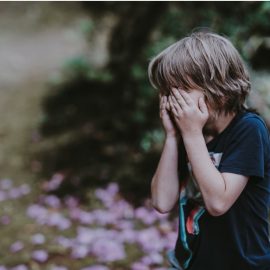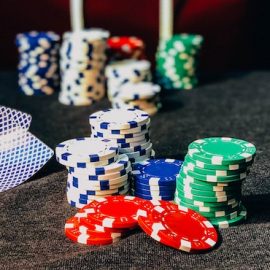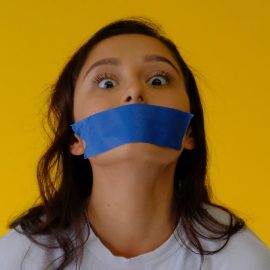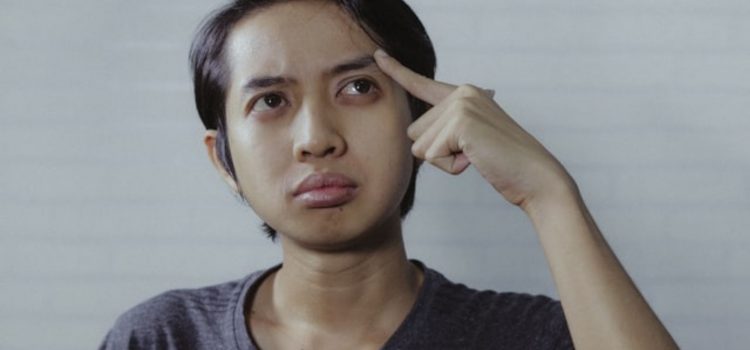
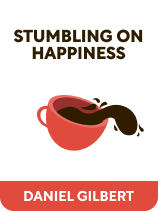
This article is an excerpt from the Shortform book guide to "Stumbling on Happiness" by Daniel Gilbert. Shortform has the world's best summaries and analyses of books you should be reading.
Like this article? Sign up for a free trial here .
Do you ever remember an event differently than someone else who was there? How do fake memories form in the brain?
A fake memory is one that is remembered differently from how it happened or one in which details of a thing or event are wrong. But, don’t worry—everybody has fake memories. It’s part of how the human brain functions.
Here’s why your memory may be playing tricks on you.
Your Brain Assumes Information
According to Daniel Gilbert in Stumbling on Happiness, when you summon a memory, your mind supplements existing pieces of the memory with assumed information, sometimes resulting in a fake memory. Your mind must do this because you don’t store memories as complete experiences of an event, which would include a massive amount of sensory detail, feelings, and thoughts. Memories are only stored snippets and narratives of the event, with many details omitted. This means that your memories are made up of both true-to-life and assumed (potentially false) information that fills the omissions.
For instance, if you spend a day at the zoo, all you might store in memory from that detail-rich experience is a recollection of it being too hot and the phrase “pandas asleep.” Your brain wouldn’t store the sensory experience of the heat and the crystal-clear visuals of the sleeping pandas. When you summon that memory, your brain fills in these gaps with assumptions of what belongs there: that the ice cream melted quickly, that the sleeping pandas were cute, and so on.
(Shortform note: To at least partially circumvent this issue, we might try to strengthen our memories so we don’t rely as much on fabricated information. In Moonwalking With Einstein, Joshua Foer says you can do this by storing memories more intentionally. First, visualize the information you want to remember and then mentally place that visual in a location you’re familiar with, like your home. For example, if you want to remember the ostriches at the zoo, visualize them and then place that image in your backyard.)
Your Brain Fills in Gaps in Memories Retroactively Using New Information
Not only does your brain fill in gaps in your memories with assumed information, writes Gilbert, it also incorporates new information into the memory retroactively. A suggestion in the present that something happened in the past can become a permanent part of your memory, even if it didn’t happen.
Let’s say that after having been to the zoo, someone suggests that the tigers were particularly ferocious that day. Even if you don’t recall what the tigers were like, you’ll likely incorporate their ferociousness into your memory, whether they were ferocious or not.
(Shortform note: Gilbert presents the mind’s tendency to incorporate new information into memory as problematic. Yet this tendency can sometimes be helpful and is often a necessary part of the learning process. When you fit new information into existing knowledge in your memory, you build new neural connections and enhance your initial understanding of a topic, write Henry Roediger and Mark McDaniel in Make It Stick. For instance, if you know Jane Austen wrote in the 18th century, and then learn that women were bound to strict gender rules at that time that made it less common for women to be published, you can incorporate the new information into your existing knowledge of Jane Austen and conclude that she was pushing gender boundaries.)

———End of Preview———
Like what you just read? Read the rest of the world's best book summary and analysis of Daniel Gilbert's "Stumbling on Happiness" at Shortform .
Here's what you'll find in our full Stumbling on Happiness summary :
- A look at how your brain fabricates your reality leading you to make bad decisions
- The six specific types of bad choices people make
- How to improve your decision-making in the future


